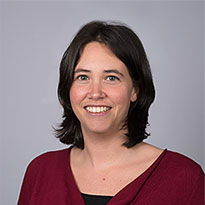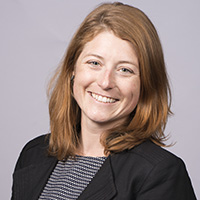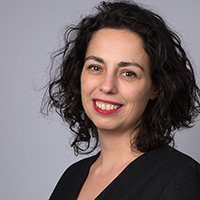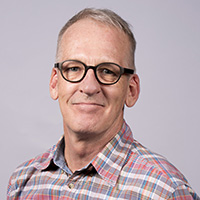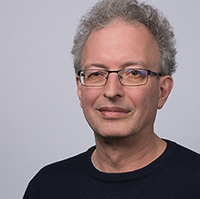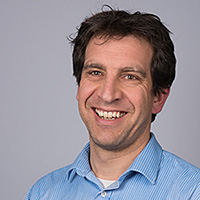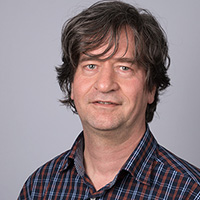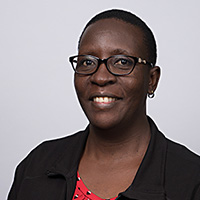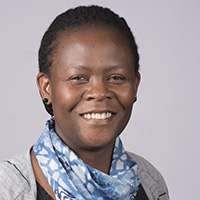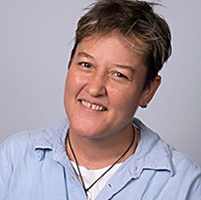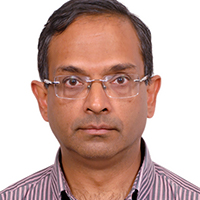We know what works
Let us apply our 50 years of experience to the WASH problems you face
What happens in Lao?
Preparing for investment by assessing delivery and scoping for opportunities
For this work, we assessed the rural WASH sector in Lao People's Democratic Republic, looking at existing service delivery models and its challenges, and scoped out opportunities for programme design and links to existing programmes
In readiness for a WASH programme costing around 25 million USD, we conducted a pre-scoping study of the rural WASH sector in Lao People’s Democratic Republic. We assessed critical sector information, and combined desk research and information from interviews with key players, with a focus on four areas:
- Institutional set-up, legislative framework, sector financing, and sector monitoring
- Existing service delivery models for rural and urban water, sanitation and hygiene (WASH) in schools
- Opportunities for programme design and linkages to existing World Bank/ Water and Sanitation Program initiatives
- Opportunities for programme design and links to existing World Bank/ Water and Sanitation Program initiatives
- Next steps and areas for further investigation
The services we provided included:
- a report on the WASH sector in Lao People’s Democratic Republic and the key challenges
- a report on the costs and financing of Lao People’s Democratic Republic’s WASH sector
- a final report entitled: Lao Sector Assessment: Rural Water Supply, Sanitation, and Hygiene (WASH) including Institutional WASH
In readiness for a WASH programme costing around 25 million USD, we conducted a pre-scoping study of the rural WASH sector in Lao People’s Democratic Republic. We assessed critical sector information, and combined desk research and information from interviews with key players, with a focus on four areas:
- Institutional set-up, legislative framework, sector financing, and sector monitoring
- Existing service delivery models for rural and urban water, sanitation and hygiene (WASH) in schools
- Opportunities for programme design and linkages to existing World Bank/ Water and Sanitation Program initiatives
- Opportunities for programme design and links to existing World Bank/ Water and Sanitation Program initiatives
- Next steps and areas for further investigation
The services we provided included:
- a report on the WASH sector in Lao People’s Democratic Republic and the key challenges
- a report on the costs and financing of Lao People’s Democratic Republic’s WASH sector
- a final report entitled: Lao Sector Assessment: Rural Water Supply, Sanitation, and Hygiene (WASH) including Institutional WASH
We know what works
Let us apply our 50 years of experience to the WASH problems you face
Saying it with numbers
Evaluating a leadership development training for public agencies
Using Quantified Participatory Assessment to ask communities if a leadership training programme had had any impact on their utility services
In 2016 the World Bank developed a leadership training programme for government officials (the Field-level Leadership Development Initiative or FiLDI) as part of its urban water projects in Dar es Salaam city, Tanzania and a rural development in the state of Meghalaya, north eastern India.
In 2017 IRC Consult was invited to carry out an impact assessment of the FiLDI training using the Quantified Participatory Assessment (QPA), a methodology designed by IRC and used in previous assessments for World Bank in Tamil Nadu.
The impact evaluation focused on the performance of three public utilities: the Dar es Salaam Water and Sanitation Co. (DAWASCO), and the Meghalaya Basin Development Authority (MBDA) and the Government of Meghalaya’s Soil and Water Conservation Department (SWCD). We evaluated their staff’s performance, before and after the training. Quantified Participatory Assessment (QPA) quantifies qualitative responses from focus group discussions, involving community members.
In Tanzania, we conducted the evaluation in 50 mtaas (community streets) selected randomly from the 10 service regions of DAWASCO/ DAWASA water supply in Dar es Salaam.
In India, it was conducted in 50 villages across six regions served by active MBDA or SWCD projects in Meghalaya.
Our services included:
- Project management
- A desk review of utility performance and function
- Contracting local consultancies to support field work and hiring field teams
- Inception mission and report
- Training field teams on the QPA and change management methodologies
- Meeting with public agencies and identifying the criteria to be assessed
- Developing a stratified random sampling strategy
- Conducting and analysing 100 focus group discussions and 50 household surveys
- Analysing all the data and writing a final assessment report
In 2016 the World Bank developed a leadership training programme for government officials (the Field-level Leadership Development Initiative or FiLDI) as part of its urban water projects in Dar es Salaam city, Tanzania and a rural development in the state of Meghalaya, north eastern India.
In 2017 IRC Consult was invited to carry out an impact assessment of the FiLDI training using the Quantified Participatory Assessment (QPA), a methodology designed by IRC and used in previous assessments for World Bank in Tamil Nadu.
The impact evaluation focused on the performance of three public utilities: the Dar es Salaam Water and Sanitation Co. (DAWASCO), and the Meghalaya Basin Development Authority (MBDA) and the Government of Meghalaya’s Soil and Water Conservation Department (SWCD). We evaluated their staff’s performance, before and after the training. Quantified Participatory Assessment (QPA) quantifies qualitative responses from focus group discussions, involving community members.
In Tanzania, we conducted the evaluation in 50 mtaas (community streets) selected randomly from the 10 service regions of DAWASCO/ DAWASA water supply in Dar es Salaam.
In India, it was conducted in 50 villages across six regions served by active MBDA or SWCD projects in Meghalaya.
Our services included:
- Project management
- A desk review of utility performance and function
- Contracting local consultancies to support field work and hiring field teams
- Inception mission and report
- Training field teams on the QPA and change management methodologies
- Meeting with public agencies and identifying the criteria to be assessed
- Developing a stratified random sampling strategy
- Conducting and analysing 100 focus group discussions and 50 household surveys
- Analysing all the data and writing a final assessment report
Our people
Meet our experienced and qualified consultants who work around the world to help people and organisations develop water sanitation and hygiene services that last not for years, but forever.
Building on IRC’s 50 years’ experience, we have in-depth knowledge and expertise, and deliver high quality consultancy services
Read moreWe know what works
Let us apply our 50 years of experience to the WASH problems you face
World Health Organization
Our Services
We provide professional specialist services and content knowledge towards our clients: donors, philantropists, INGOs and national governments.
We tailor each of these services to your specific needs
Read moreWe know what works
Let us apply our 50 years of experience to the WASH problems you face
We know what works
Let us apply our 50 years of experience to the WASH problems you face
We know what works
Let us apply our 50 years of experience to the WASH problems you face
We know what works
Let us apply our 50 years of experience to the WASH problems you face
We know what works
Let us apply our 50 years of experience to the WASH problems you face
Training
Improving performance: developing knowledge & skills
IRC Consult provides training programmes and curriculum development and offers online training courses.
Training topics include training on IRC Tools for delivering services and delivering change including
- training on IRC's sustainable WASH services costing tools
- training on monitoring services
- training on the use of the sanitation supply and demand tool
- training on the the feacal waste flow calculator
- training on planning and providing multiple-use water services
- training on the facilitating change processes, involving stakeholders and facilitating continued sector learning
As well as providing some of the most highly regarded training modules in the sector, we are interested in working with other organisations to create training courses and materials that meet our clients needs.
We are interested in working with other organisations to create training courses and materials that meet our clients needsRichard Ward

